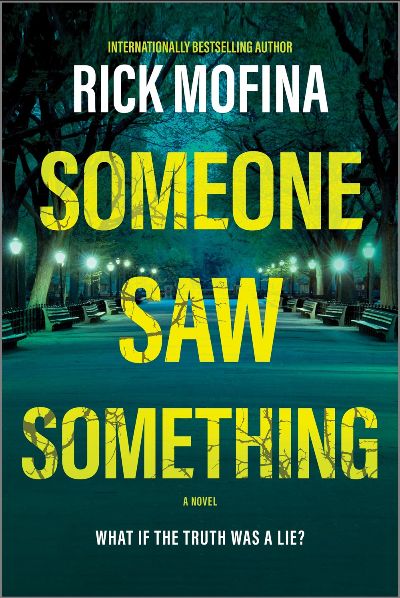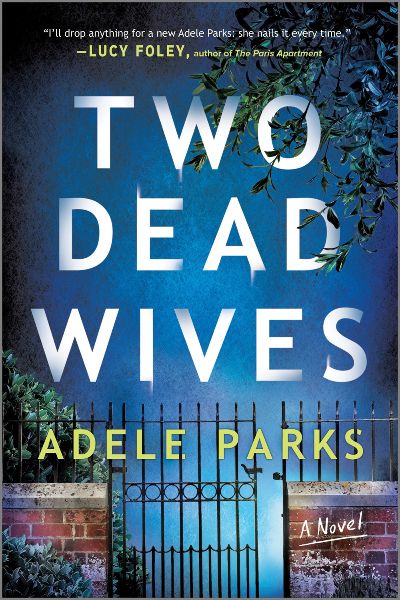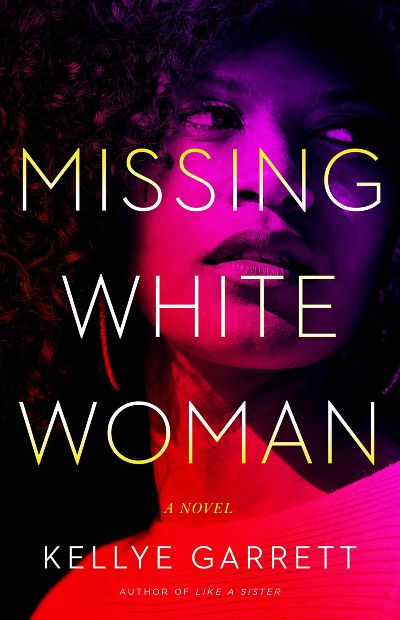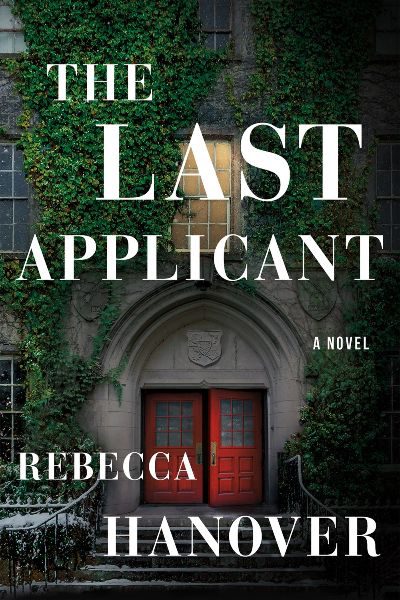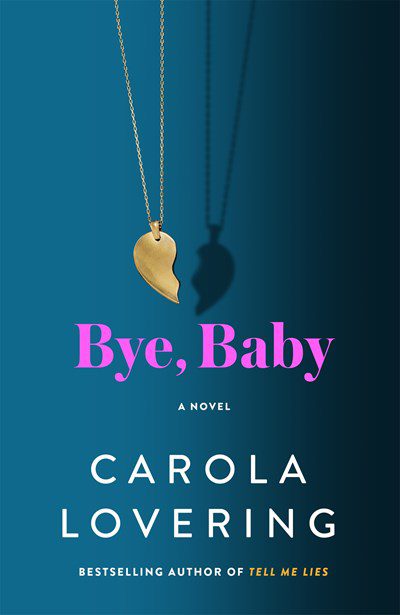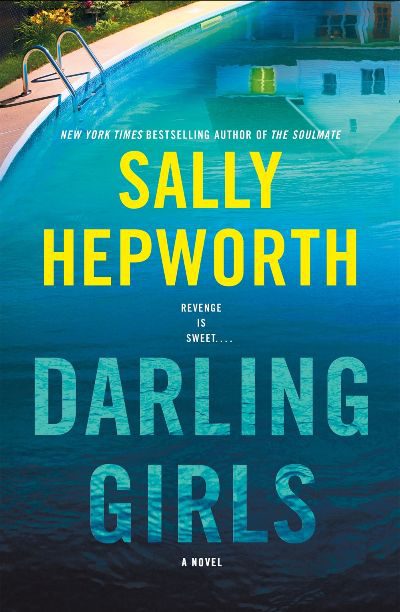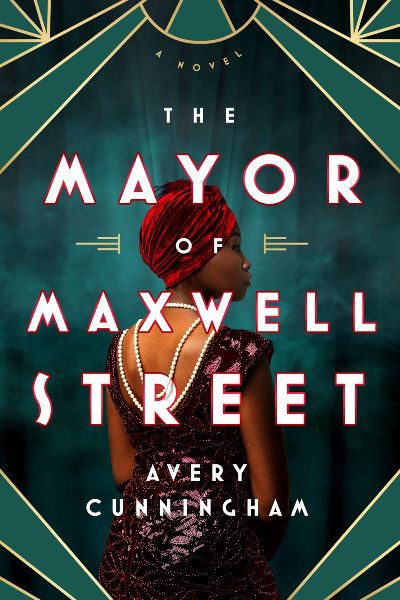A parent’s worst nightmare comes true for news anchor Corina and her family in Mofina’s gripping thriller. Six-year-old Gabriel is playing in Central Park with his older sister when he vanishes after going after his model airplane. Initial searches show no evidence of how he disappeared, nor any witnesses to the abduction. With no ransom demand, the police and investigators are baffled. Since Corina is a celebrity, the case brings out some sympathetic thoughts, but those are few. Most of what Corina reads online are vicious attacks and conspiracy theories regarding Gabriel’s true origins that make her life, and that of her family, a living hell. It doesn’t help that her husband and daughter have secrets they don’t want the world to discover. Mofina intelligently crafts the story by never showing Gabriel’s whereabouts or who is responsible for his kidnapping, amping up the conspiracy and paranoia. Focusing on the family’s agony and quest for the truth puts the reader directly into the story, and the final payoff is terrific. Mofina is a number-one bestselling author in Canada—as he should be in many other countries.
Women
Prepare to fall hard for Lenny Marks, the awkward, overthinking, lonely character in Mayne’s emotional debut mystery. Helena, or Lenny, is an Australian primary-school teacher. She’s fine in the classroom, as her self-discipline means she sticks religiously to lesson plans. She also gets along well with kids, but the same can’t be said for her interactions with colleagues, whom she mostly ignores, except for Ashleigh and Amy. These are the women whom Lenny has decided will be her friends—social workers and a kind former foster-mom having long encouraged her to speak to others and get out more. (Meanwhile, Asheigh and Amy say things to Lenny like, “I love that you don’t care what you look like”). But she’s trudging along mostly fine until the letter. It arrives at the school from the state parole board and sets Lenny into a spin while Mayne, tantalizingly, lets us into the full, shocking story of Lenny’s early life. Be ready for some very sad moments, including scenes of domestic violence toward children. I just adore this character and this book and will be thinking of Lenny for years (once I finish crying). Mayne’s captivating work might bring you back to an old Oprah’s Book Club favorite, Wally Lamb’s She’s Come Undone.
This sequel to Woman Last Seen (2022) publishes the day after Christmas, but it’s far from your traditional holiday read. It does, however, provide more than ample entertainment for days off and/or fuel for thinking away interminable events. The main thought provoker is: how does a woman manage to be married with kids in one family while also married to someone else? How are the two husbands and the kids supposed to feel now that Kylie, also known as Kai and Leigh, the bigamist whom they thought they hated, has gone missing? And what’s the second husband to do, accused as he is of Leigh’s murder, when he knows he didn’t do it and nobody even knows if she’s actually dead? Leave this one up to the kids, who are sick of the media firestorm around them, not to mention tired of their mother’s best friend who has moved in just a little too quickly and whom they know visits Dad’s room at night. Philosophical questions quickly give way to a thrilling investigation and final pages that will keep readers on edge and rooting for justice.
This is one wild, suspense-driven tale, equally rich in characterization and plot. Breanna is on a mini-vacation with her new boyfriend, Ty, staying in a beautiful brownstone in Jersey City while touring Manhattan. Ty’s thought of everything, and the long weekend is 95 percent perfect, except for that five percent when Ty won’t stop with the work calls. But when Bree wakes up on their final morning, she can’t find Ty anywhere. What she does discover, strewn in the foyer, is the bloody corpse of a young woman that turns out to be Janelle, who has been missing for days. From here, things really take off, with Bree’s best friend—they’ve been estranged since college—arriving on the scene (she’s a take-charge criminal attorney), while Billie, a super-successful makeup influencer, rallies her thousands of followers into seeking #Justice4Janelle. Garrett does a great job of tracking the racism Bree experiences, from the neighbors’ microaggressions to the stereotypes purported about Ty to the national frenzy that only a white woman’s disappearance could generate (and thus the book’s title). A great cast, a wide-reaching narrative, and a resolution that will leave readers ruminating for days. Can’t wait to introduce this to a book group
This novel takes place in the social black hole that sucks in (very) rich New York City parents: admission to the kind of private elementary school that costs the same as college. These institutions usually seem to be named with an eye toward Beatrix Potter characters attending—St. Bernard this, country that. This one’s called Easton but is nevertheless The School to attend. That’s why admissions director Audrey Singer is only surprised by the casual tone of a begging email from a mom who didn’t realize the application pool would be capped. Sarah Price is desperate, devastated, disconsolate, not to mention a little drunk, and fears she has “completely derailed” her son, Eli’s, future. Audrey makes the mistake of allowing an exception to the rules, and that’s all it takes: Sarah now begins to stalk the gatekeeper of her dreams for Eli, with her antics growing ever more unhinged as decision day grows closer. Fans of psychological thrillers and mysteries will lap up the tense moments created by the power imbalance between Audrey and Sarah; emotional ups and downs that stem from the women’s private lives add to the roller coaster effect. As the novel is episodic, cliffhangers will thrill readers at points, and there’s a completely unpredictable ending twist. Pick up this one if you enjoyed Chandler Baker’s Cutting Teeth or Sylvie Perry’s The Hawthorne School.
It’s early into lockdown in the UK, and Sally can’t take any more physical and psychological abuse from her husband—thankfully the kids are grown and out of the house. So she does the only thing she can do: she fights back, smashing him on the head with her iron skillet. But killing is the easy part. It’s disposing of the body that’s the challenge. Fortunately, Sally soon discovers that she’s not the only woman in the neighborhood with a husband rotting away in the basement, packed in cat litter (did you know? It absorbs both odors and fluids). Slowly, these women come together and create quite the self-help group, dubbed the Lockdown Ladies’ Burial Club, which is tasked with disposing of four bodies…and getting away with it. As impossible as this may seem—these women aren’t exactly hooked up with organized crime—they revel in their newly created freedom, gaining the strength to take on seemingly any challenge. As Sally says, “For too long I let a small man steal my joy and potential.” What’s remarkable is how Casale—with a decade of experience in the field of male violence against women—succeeds at moving between the women’s experiences with domestic violence in the past and the dark humor of their present situation, tacitly giving us permission to laugh at times. Well-written with plenty of surprises, twists, and turns to keep readers engrossed. Pair it with Bella Mackie’s How to Kill your Family.
New Yorker Billie has never wanted children. But the series of hurts chronicled over the course of this frenemies story find her standing in the apartment below her former best friend, Cassie’s, place, holding Cassie’s baby while her friend upstairs wails that there’s been a kidnapping. Most of this absorbing tale takes place in the present, when lonely Billie tries over and over to regain the closeness she had with Cassie when they were teens. But Cassie, who’s now a famous Instagram mommy, wants little to do with her. We also flash back to those teen years, when a incident involving Billie’s stepfather, whose sexual abuse of the girl is graphically described, has been kept a secret by Billie and Cassie, leaving them emotionally tied but perhaps also causing their estrangement. As in her Can’t Look Away (2022), Lovering nails the bizarreness of obsessive love—Billie’s for Cassie and Cassie’s for Internet fame—and its twisted outcomes. This book will be a hit with fans of that previous work as well as of Ian McEwan’s Enduring Love.
WHAT a rollercoaster. The “darling girls” in question–Jessica, Norah, and Alicia–are “foster children,” stuck being referred to that way even now that they’re adults. They aren’t biological sisters, but the mistreatment meted out at Wild Meadows by their foster mother, the psychologically cruel and unpredictable Miss Fairchild, has forced them into a lifelong bond. These days, Jessica is a housecleaner who steals her clients’ prescriptions and is being pursued by the relentless Debbie Montgomery-Squires, who wants her Valium back. Norah is on probation for her latest attack, one in a long string of anger-fueled outbursts. And Alicia is barely holding it together as a social worker who’s terrified to pursue a relationship with a female friend who could be more. The three are thrust back into their awful past when the police call to say that a body has been found buried at Wild Meadows, one that appears old enough to have been from their time at the “home.” What ensues are flashbacks to the children’s bizarre, cliff-edge lives as wards of a tyrant, while the darkly funny present-day tale looks at women who fight the system and their circumstances tooth and nail to avoid being victimized again. This is the rare story that’s equally character and plot driven, with the “sisters” portrayed as distinct and lovable and the plot just packed with twists. Hating Miss Fairchild is the icing on the cake
Nelly Sawyer’s father is a Kentucky horse breeder and the richest Black man in America. The family is in prohibition-era Chicago for Nelly’s coming out, when she’s expected to meet the country’s most eligible young Black men and find one to marry. She doesn’t fit in at the events, disdains the whole charade, and just wants to be alone to grieve the recent death of her brother. She’s also eager to pursue a career in journalism, not easy for a woman, let alone a Black woman who’s been raised in genteel isolation. Outside the cotillion and other events are no better, as white Chicagoans take the young woman for a servant. Nelly is soon distracted, though, when she’s surprised by potential love interests: Jay Shorey, a mysterious, beautifully dressed speakeasy manager, and the more suitable, at least in society’s view, Tomás Escalante y Roche, a Marquis who is this season’s catch. When Nelly is challenged to find and identify the dangerous Mayor of Maxwell Street to keep the newspaper job she’s threatened with losing, both men and Nelly herself are thrown into a vicious game of deceit that adds high suspense and sometimes terrible danger to the politics-laden season. An evocative and thought-provoking debut, and just look at that cover!
One of the darkest, but funniest, novels I’ve read in a long time—largely thanks to the wonderful narrator, Lucy Chase. Lucy is taking a break from Los Angeles and heading back to her hometown of Plumpton, Texas. It’s been five years since she’s been in Plumpton, where nearly everyone, including her parents, is convinced she murdered Savvy, her best friend. After all, she was found leaving the scene of the crime, covered in Savvy’s blood, Savvy’s DNA under her nails, and suffering from amnesia. Kind of a downer, right? The one exception is her Grandma, who believes Lucy’s innocence and uses her 80th birthday party to lure Lucy home. It also seems like Ben Owens, the editor of the hugely popular true crime podcast “Listen for the Lie” is in town, with Lucy in his cross-hairs. Grandma is convinced that the handsome Ben will end up exonerating Lucy—and Lucy ends up sort of working with, and sleeping with, Ben, while also fooling around with a few other potential witnesses, like her ex-husband. The prose snaps and the plot speeds along in Tintera’s portrayal of small town, alcohol-addled, smiling-to-your-face-while-trashing-you-behind-your-back Texas. This would make a perfect series—and what fun to cast! For those who enjoyed Jennifer Hillier’s Things We Do in the Dark and Bella Mackie’s How to Kill Your Family.

